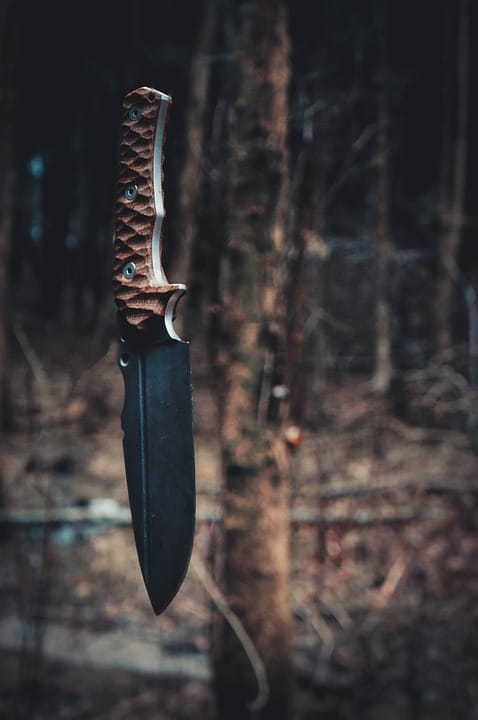The Ultimate Guide to Choosing the Perfect Pocket Knife
Introduction
Choosing the perfect pocket knife can be a daunting task, especially with the numerous options available in the market. With so many great choices, it’s essential to consider several factors to make an informed decision. In this ultimate guide, we’ll dive into the world of pocket knives, exploring the key aspects to consider when selecting the perfect pocket knife for your needs.
What is a Pocket Knife? A Brief Overview
A pocket knife, also known as a flick knife, is a type of knife that is designed to be carried in a pocket or attached to a keychain. It typically has a blade made of stainless steel or ceramic, and a handle made of various materials such as wood, metal, or plastic. Pocket knives have been around for centuries, with the first recorded use dating back to the 12th century.
**The Benefits of Owning a Pocket Knife
So, why do people choose to own a pocket knife? Here are some of the benefits:
| Benefits | Description |
|---|---|
| Convenience | Pocket knives are easy to carry and can be easily accessed when needed. |
| Multi-purpose | They can be used for various tasks, such as cutting, prying, and opening packages. |
| Portability | They are lightweight and compact, making them perfect for daily carry. |
| Practicality | They can be used for a variety of tasks, from camping to self-defense. |
**The Anatomy of a Pocket Knife
To fully understand the world of pocket knives, it’s essential to understand its different components. Here’s a breakdown of the key parts:
| Components | Description |
|---|---|
| Blade | The sharp, metal part of the knife used for cutting. |
| Handle | The material used to cover the grip of the knife. |
| Ergonomic design | The design of the handle to fit comfortably in the hand. |
| Pivot system | The mechanism that allows the blade to open and close smoothly. |
| Clip | A small metal clip used to attach the knife to a belt or keychain. |
The Most Important Features to Consider
When choosing a pocket knife, here are the key features to consider:
| Features | Description |
|---|---|
| Blade length | Choose a blade length that suits your needs, from 1.5 to 4 inches. |
| Material | Select a durable material, such as stainless steel or ceramic. |
| Handle material | Pick a material that suits your personal preferences, such as wood, metal, or plastic. |
| Pocket clip | Choose a clip that fits your lifestyle, such as a belt clip or keychain clip. |
| Lock mechanism | Select a mechanism that provides safe and easy access to the blade. |
Understanding the Different Types of Pocket Knives
Pocket knives come in various shapes, sizes, and designs. Here are some of the most common types:
| Types | Description |
|---|---|
| Folding knife | A classic design with a folding mechanism. |
| Automatic knife | A knife that uses a spring-loaded mechanism to open. |
| Fixed blade knife | A knife with a fixed blade and no mechanism to open and close. |
| Slip joint knife | A knife with a mechanism that allows the blade to swing open. |
Tips for Choosing the Perfect Pocket Knife for Your Needs
- Consider your lifestyle: Think about your daily activities and the tasks you need to perform. This will help you determine the type of blade length and material you need.
Q: What is the best pocket knife for beginners?
A: For beginners, we recommend a simple, folding knife with a short blade and a secure lock mechanism.
Q: Are pocket knives legal?
A: In many countries, pocket knives are legal, but it’s essential to check local laws and regulations before carrying one.
Q: How do I store my pocket knife?
A: Store your pocket knife in a secure place, such as a locked box or a secure container.
Q: Can I use a pocket knife for self-defense?
A: Yes, a pocket knife can be used for self-defense, but it’s essential to consider the laws and regulations in your area.
Conclusion
Choosing the perfect pocket knife requires careful consideration of various factors, including the type of blade, handle material, and lock mechanism. By understanding the different types of pocket knives and their benefits, you can make an informed decision to suit your needs. Whether you’re a beginner or an experienced user, this guide has provided you with the knowledge and insights to help you choose the perfect pocket knife.
(Reference: "The Ultimate Guide to Choosing the Perfect Pocket Knife")
ेर
